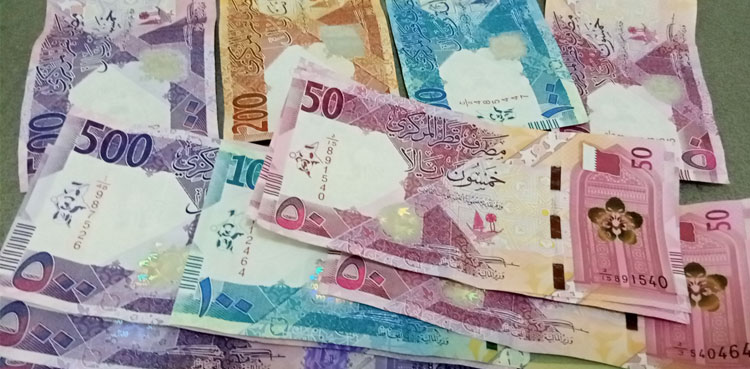Doha/Karachi – June 10, 2025, 8:45 PM PST – The Qatari Riyal (QAR) has appreciated against the Pakistani Rupee (PKR), trading at 77.39 PKR today, up from 76.85 PKR last week, according to open market data. This 0.7% increase in the exchange rate highlights shifting economic dynamics between Qatar and Pakistan, driven by market forces and monetary policies.
Valuation Process
The exchange rate between the Qatari Riyal and Pakistani Rupee is shaped by a combination of fixed and floating exchange rate mechanisms. The Qatari Riyal is pegged to the US Dollar at a fixed rate of 3.64 QAR per USD, managed by the Qatar Central Bank. This peg ensures stability, as Qatar’s robust economy, underpinned by vast natural gas and oil reserves, supports its currency’s value. Fluctuations in the QAR’s value against other currencies are primarily tied to the US Dollar’s performance in global markets.
Conversely, the Pakistani Rupee operates under a managed floating exchange rate, with its value determined by supply and demand in the foreign exchange market. The State Bank of Pakistan occasionally intervenes to curb excessive volatility. Factors influencing the PKR’s valuation include Pakistan’s foreign exchange reserves, trade balance, inflation, and interest rate policies. The recent rise in the QAR-PKR exchange rate suggests a slight weakening of the PKR, potentially due to pressures on Pakistan’s reserves or increased demand for the Riyal in regional trade.
Impact of the Exchange Rate Shift
The appreciation of the Qatari Riyal against the Pakistani Rupee has significant implications for economic relations between the two nations. For the large Pakistani expatriate community in Qatar, this shift means their remittances to Pakistan will convert to more PKR, enhancing their families’ purchasing power. However, Pakistani importers dealing with Qatari goods, such as liquefied natural gas (LNG) or petrochemical products, may face higher costs, as their PKR now buys fewer QAR. This could increase prices for Qatari imports in Pakistan, impacting sectors reliant on energy and industrial inputs.
For Qatari businesses exporting to Pakistan, the stronger Riyal boosts the value of their earnings in PKR terms, potentially encouraging further trade. However, a sustained PKR depreciation could challenge Pakistan’s trade balance, particularly given its reliance on Qatari LNG. Economists emphasize that Pakistan’s efforts to stabilize its currency through reserve management and inflation control will be critical to mitigating these effects.
Introduction to QAR and PKR
The Qatari Riyal (QAR), issued by the Qatar Central Bank, is the official currency of the State of Qatar. Subdivided into 100 dirhams, it is symbolized as QR or ر.ق and has been pegged to the US Dollar since 2001, reflecting Qatar’s wealth from its natural gas and oil industries. The Riyal is used for all transactions within Qatar and requires exchange for international use outside the Gulf region.
The Pakistani Rupee (PKR), issued by the State Bank of Pakistan, is the official currency of Pakistan. Subdivided into 100 paise (though paise coins are no longer in circulation), it is symbolized as ₨ or Rs. As a floating currency, the PKR’s value fluctuates based on economic indicators, making it a key focus for Pakistan’s expatriates, traders, and policymakers. It is widely used for all transactions within Pakistan.
As the QAR-PKR exchange rate continues to evolve, stakeholders in both nations will closely watch economic developments to anticipate future trends.


Leave a Comment